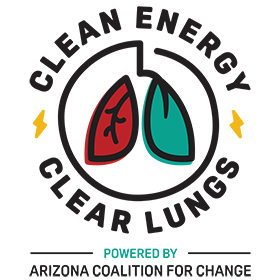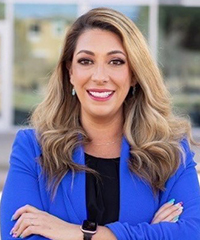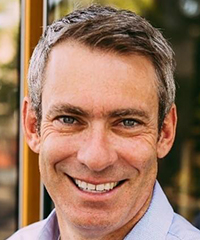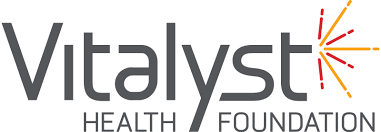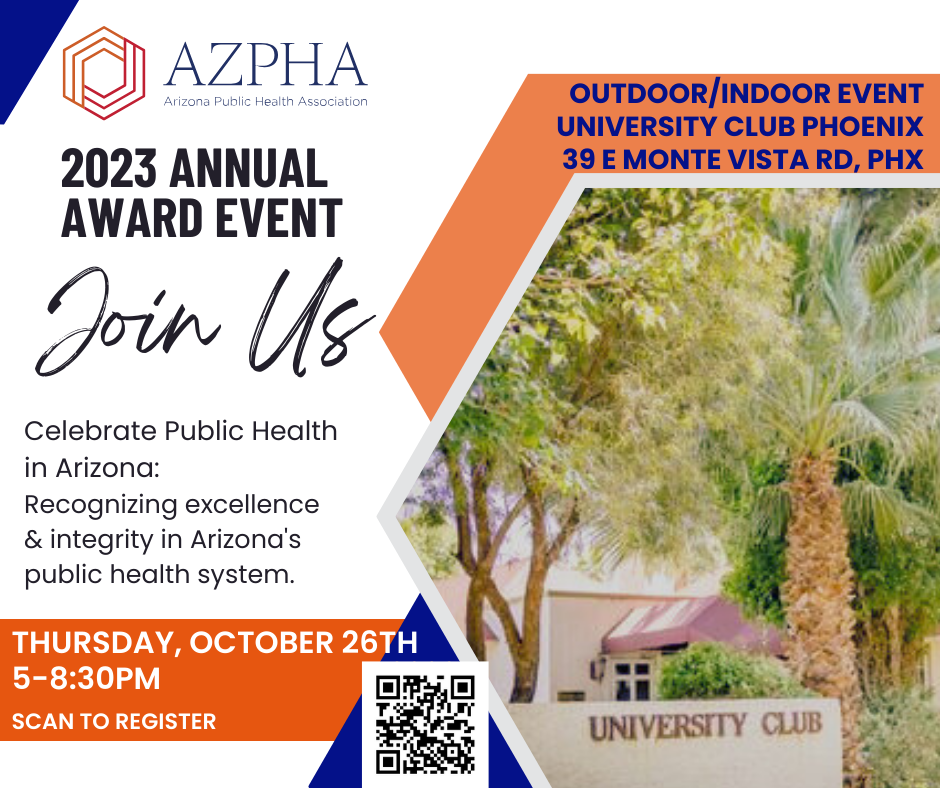White House Establishes Office of Gun Violence Prevention
President Biden also established a new Office of Gun Violence Prevention to be run out of the White House. The new office will focus on implementing executive and legislative action, including the Bipartisan Safer Communities Act.
Stefanie Feldman, a longtime policy advisor to President Biden on gun violence prevention, will serve as Director of the Office of Gun Violence Prevention, alongside leading gun violence prevention advocates Greg Jackson and Rob Wilcox, who will join the Administration as Deputy Directors of the Office of Gun Violence Prevention.
_

